In today’s globalized economy, the ability to provide exceptional cross-cultural customer service is a crucial factor for success, especially in a multicultural country like Canada. As a global leader in outsourced call center services, we understand the importance of adapting our approach to meet the diverse needs of customers from various cultural backgrounds.
This article delves into tailored strategies for enhancing customer service in the Canadian market, prioritizing cultural sensitivity and efficiency to improve both customer satisfaction and brand loyalty. By adopting a nuanced understanding of cultural differences and preferences, businesses can transcend traditional service models to provide a more personalized and impactful customer experience, reflecting Canada’s rich cultural tapestry.
Understanding Cultural Diversity in Canada
Canada is a mosaic of diverse cultures, each bringing its unique tradition and communication styles to the national fabric. Recognizing and appreciating this diversity is the first step in crafting effective cross-cultural customer service strategies. With over 200 languages spoken, Canada’s linguistic landscape includes English and French as official languages, but also a significant proportion of speakers for Mandarin, Punjabi, Spanish, Italian, and Arabic among others.
The demographic variance extends beyond language, including differences in social norms, religious practices, and communication styles. For example, customer service interactions in Eastern Canada might integrate French language nuances, while those in metropolitan areas like Toronto or Vancouver may need to consider a broader array of cultural expectations. Businesses must invest in cultural competence training for employees to navigate this complex environment effectively, ensuring representatives can engage respectfully and effectively with customers from various backgrounds.
Tailored Communication Strategies
Effective communication is foundational in providing excellent customer service. In a cross-cultural context, service strategies must go beyond bilingualism, embedding cultural sensitivity into every interaction. This includes understanding direct versus indirect communication styles. For example, some cultures value straightforwardness and clarity, while others might find this approach too blunt or disrespectful.
Adjusting communication methods can also mean altering the structure of service interactions. In cultures where formality is valued, scripted greetings and farewells could be important, whereas in more casual contexts, a friendly and informal approach might be more appropriate. Non-verbal cues, such as the use of gestures, physical space, and eye contact, also vary significantly between cultures and can influence the perception of the service provided.
Implementing practical measures, such as training customer service representatives in cultural awareness and specific customer interaction scenarios, can significantly improve the efficacy of communication. Additionally, leveraging technology like customer relationship management (CRM) systems to note customers’ preferred languages and specific cultural nuances can personalize and enhance the service experience.
Leveraging Technology for Cultural Adaptability
Technology plays a pivotal role in managing and delivering customized customer service experiences in a culturally diverse environment. Advanced CRM software can help store valuable cultural information, thus enabling service agents to prepare for customer interactions more effectively.
Artificial Intelligence (AI) and machine learning can also be utilized to analyze customer interaction patterns and feedback across different cultural groups, helping to refine approaches and personalize communication. For instance, AI chatbots programmed to recognize and respond in multiple languages can provide initial support, direct customers to appropriate resources, or escalate issues without language barriers.
Moreover, modern telecommunication technologies facilitate remote yet effective training environments for staff across geographical locations. Virtual reality (VR) scenarios can simulate customer interactions in culturally diverse situations, providing practical, immersive training without the high costs associated with face-to-face training sessions.
Culturally Tailored Product and Service Offerings
Beyond adapting customer service communication, understanding cultural values and preferences can influence product or service offerings themselves. For example, financial services can be customized to better align with cultural attitudes towards savings or investments, while marketing campaigns can be tailored to resonate more deeply with specific cultural groups.
In retail, consideration of cultural holidays, preferences in fashion, or dietary restrictions can significantly affect product selection and stock management. Offering products that cater to the needs of diverse cultural groups not only fosters inclusivity but also positions a brand as considerate and customer-centric.
In healthcare, understanding cultural perceptions and treatments can enhance patient care and satisfaction. This might involve offering translation services, cultural mediator services, or ensuring that dietary accommodations are available in treatment plans.
Developing Long-Term Customer Relationships
Building long-term relationships with customers in a multicultural setting goes beyond providing initial customer service. Continuous engagement and feedback collection are crucial. Implementing follow-up strategies that reflect an understanding of cultural nuances can greatly improve customer loyalty and satisfaction.
Regular training updates, reflective of the latest cultural demographics and emerging communication technologies, will ensure that customer service teams are always at the forefront of best practices. Furthermore, celebrating cultural diversity within the organization, such as through multicultural corporate events or awareness programs, can enhance employee understanding and appreciation of the strategies they are asked to implement.
Whether it’s adapting communication strategies or tailoring product offerings, understanding and respecting cultural diversity is crucial in delivering superior service that meets the unique needs of each customer. By investing in tailored approaches and embracing technology for better adaptability, businesses can not only improve customer satisfaction and loyalty but also set a standard for inclusivity and respect in the global marketplace.
Embracing Diversity for Enduring Success
Integrating cross-cultural understanding into customer service strategies is not merely a necessity but a significant opportunity for businesses operating in Canada’s richly diverse environment. By engaging with customers on a cultural level, companies can enhance communication, tailor offerings, and build lasting relationships that pave the way for sustained growth and competitive advantage. For organizations willing to invest in comprehensive training, leverage cutting-edge technology, and continually adapt to cultural insights, the rewards extend far beyond increased customer satisfaction to include stronger brand loyalty and a more inclusive brand image.
Discover the benefits of tailoring your customer service approaches with our expert insights and support. Contact MCI today to see how we can help you optimize your strategies and ensure that every customer interaction is respectful, effective, and culturally informed. Let’s innovate your customer service together.








